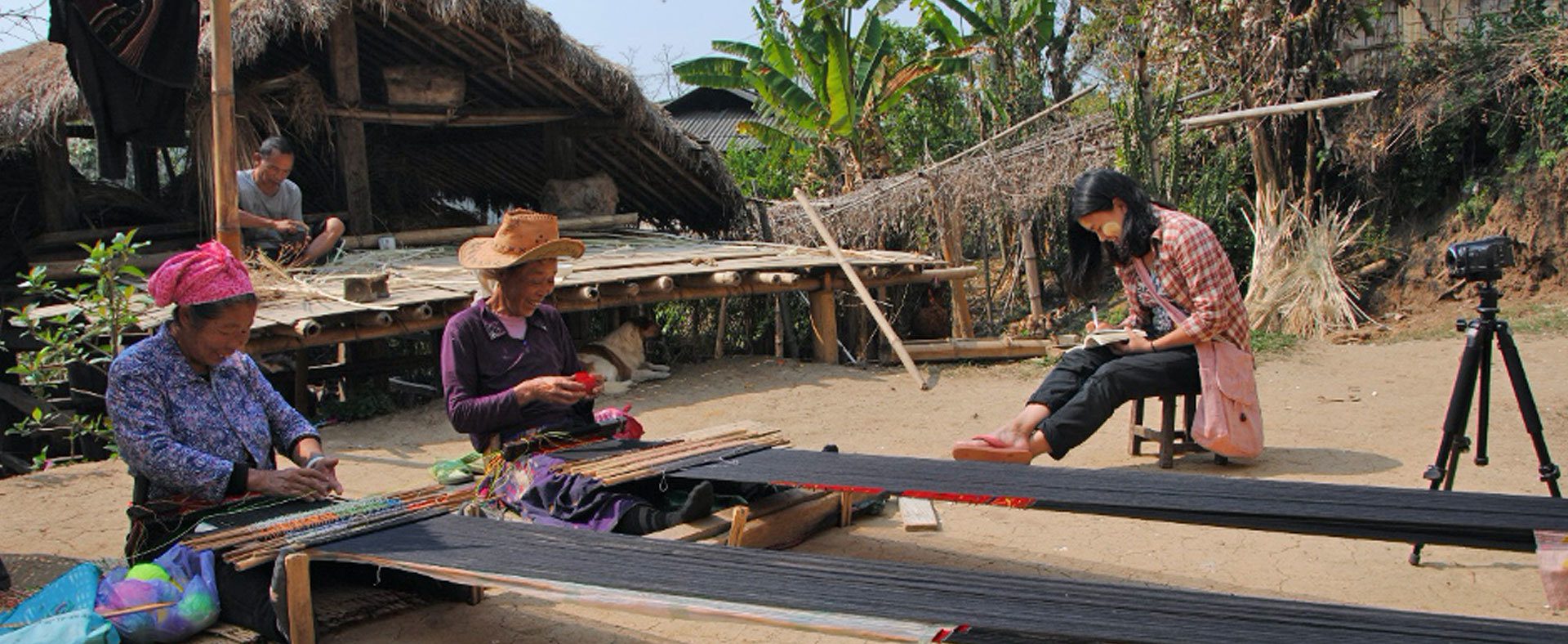
Endangered Languages Documentation Programme
Grant recipient School of Oriental and African Studies
Total awarded $33,851,813
Years 2002
Funding area Culture
Priority Intangible culture
Programme site Grant programme
The Endangered Languages Documentation Programme, hosted by the Berlin-Brandenburgische Akademie der Wissenschaften, awards grants to document languages which are at risk of falling silent.
More than half of the languages spoken today may die out by the end of this century. Language is a unique reflection of a community’s knowledge, culture and history, some of which is lost when people give up their ancestral languages. The programme supports linguists and community members to document languages around the world. So far, it has helped record more than 550 languages. The Endangered Languages Archive holds the multimedia collections resulting from the documentation projects.
Since it started in 2002 the programme has awarded 546 grants. From 2002 until 2021 the programme and the associated archive were hosted by the School of Oriental and African Studies.
Applications open annually in mid-June with a deadline in October. Details are available on the programme’s website.
Example projects
Great Andamanese
The ELDP supported a project to document Great Andamanese, a critically endangered language of the Andaman Islands in the Bay of Bengal. It is generally believed to be the last surviving language going back to pre-Neolithic times in South-East Asia, a fast-closing window on a very ancient form of cognition.
Present-day Great Andamanese, which has three remaining speakers, is formed from four Great Andamanese languages: Khora, Jeru, Sare and Bo. Since the project started documentation in 2004, three of these, Khora, Sare and Bo, have become extinct. The last speaker of Sare died in 2020.
N|uu
ELDP also supported a project to document N|uu, a highly endangered language spoken by a small number of San, the oldest indigenous population of the Republic of South Africa.
As recently as the 1990s, N|uu was believed to be extinct, largely because those still capable of speaking the language hid this to avoid stigma under Apartheid. Following the end of Apartheid, surviving members of the San population were able to speak their language openly. However, the number of mother-tongue speakers dropped from around 20 in the late 1990s to five in 2017, all of whom were in their 70s.